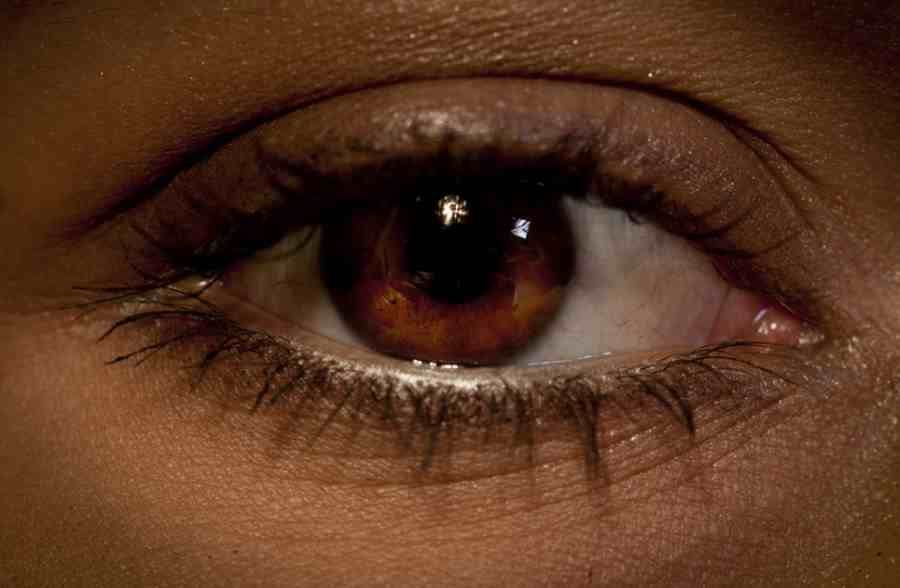Alzheimer’s disease can be detected with an eye exam
A quick examination by an ophthalmologist may one day make it possible to diagnose the most common form of dementia. Researchers have shown that loss of blood vessels in the retina reflects changes in the brain and may signal Alzheimer’s disease.
Currently, diagnosing Alzheimer’s disease is difficult. In most cases, theow relies on tests to assess the patient’s behavior and cognitive abilities. Neuroimaging is sometimes used to assess the workings of mozg or spinal puncture to examine the fluid mog and spinal cord for the presence of beta-amyloid plaques and tau proteins characteristic of Alzheimer’s disease. However, scanning mozg is expensive, and lumbar puncture carries a risk of complications.
A non-invasive, simple and inexpensive method for diagnosing Alzheimer’s disease has been proposed by US researchers at the Duke Eye Center in PoNorth Carolina. It turns out that the eye can be a kind of window into what is happening in the mozgu, and the loss of blood vessels in the meshworkowce may indicate the early stages of Alzheimer’s disease.
The findings were published in the journal „Ophthalmology Retina”.
Researchers have studied more than 200 osob, in whichorych they checked the blood vessels in the retinaowce. In healthy subjectsob Microscopic blood vessels form a dense network in the back of the eye inside the retinaowki. Such a dense network was observed in 133 participants of theow.
The study also involved 39 subjectsob with confirmed Alzheimer’s disease and 37 osob suffering from mild cognitive impairment. The network of blood vessels in their meshworkowkach was not as dense. In places, it was very rare. RoThe differences in density observed in the study were significant.
– We examined the blood vessels, ktorities that cannot be seen during a regular eye exam. We did this using a relatively new, non-invasive technology thatora takes very high-resolution images of very small blood vessels in the mesh within minutesowce. It is possible that these changes in the density of blood vessels in the reticularowce may reflect what is happening in the small blood vessels in the mozgu and this is likely before we can detect any other changes in cognitive ability – said Sharon Fekrat, head of theowna author of the publication.
The study showed rodifferences in the density of the blood vessel network in the reticularowkach osob with Alzheimer’s disease in porown comparison with healthy people and those affected by mild cognitive impairment. Method, whichoThe lymph node used during the examination is called a “lymphocyte”. Optical coherence tomography angiography (OCTA). It uses light waves, whichore reveal blood flow in each layer of the latticeowki. OCTA scan can reveal changes even in small capillaries thinner than half the thickness of a human hair.
– We know that in osob with Alzheimer’s disease there are changes in the small blood vessels in the mozgu, and because the latticeowka is an extension of mozgu, we wanted to investigate whether these changes can be detected in the latticeoince using new technology thatora is less invasive and easy to apply,” said Dilraj S. Grewal, cooroutor of the study.
– Ultimately, the goal would be to use this technology to detect Alzheimer’s disease early, before symptoms such as memory loss become obvious. This would allow us to monitor the progression of changes in the participantoIn clinical research and look for new treatments for Alzheimer’s disease – emphasized Fekrat.
Alzheimer’s disease is one of the biggest mysteries in medicine. Affects older osob, usually after 65. year of life, but it begins much earlier. More and more wasps are falling ill to itob, and is associated with increasing life expectancy. The disease is associated with accumulation in mozg of beta-amyloid and another protein called tau.
Alzheimer’s disease emerges zarowno with the factoroin genetic, as well as environmental, although the exact processes thatore causing it remains a mystery. Gum disease-causing bacteria are suspected of causing Alzheimer’s in a recently published study. The scientists behind the research say they have strong evidence for this. For more on this topic, read: cause of Alzheimer’s disease discovered? HeadoIn a recent study, gum disease-causing bacteria are suspected of causing gum disease.
